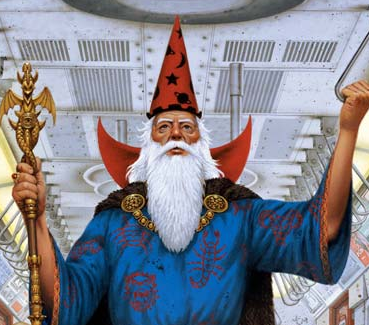This phrase rings like a bell in my circles every time the topic of humanitarian ceasefire comes up, and it effectively stonewalls the conversation. Just a point of frustration that I have no real place to ventilate.
Other bangers include:
- Israel can't trust the Palestinians, they've never been given a reason to do so.
- Hamas wants to make Israel not exist.
- So you equate Israel now to Nazis during WW2? (while talking about the Warsaw Ghetto Uprising)
- Hamas takes drugs and ...
spoiler
rapes corpses of women and children.
Hard to be interested in engaging after reading that last one, but no one else is going to bring the missing half of the conversation.


This is an account of things from the mid-1980s from the child of a holocaust survivor:
https://journals.sagepub.com/doi/pdf/10.1080/03064220308537274
Thank you comrade.